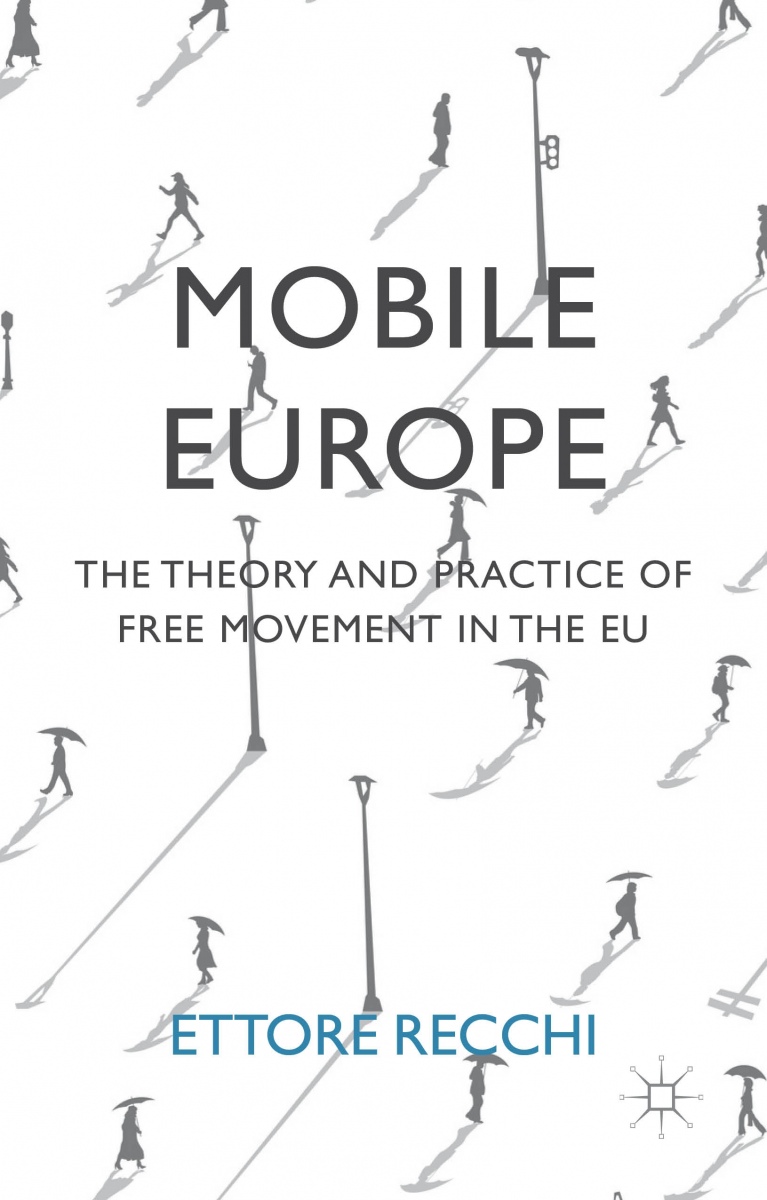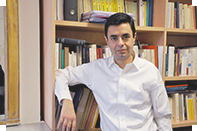Accueil>Mobile Europe
18.03.2015
Mobile Europe

What do we imagine when we think about a united Europe? According to the Eurobarometer, which recurrently puts this question to a sample of citizens from all the countries of the Union, 'freedom to travel, study and work anywhere in the EU': this is the reply given, year after year, by the majority of the interviewees. It is not the Euro, nor democracy, nor peace among nations, but free movement which epitomizes the European Union in the minds of Europeans.

Ettore Recchi describes the free movement regime of the EU in terms of both its policies and the experiences of the people involved – that is, mobile European citizens. With a particular focus on their integration paths, political participation and identifications, this book draws on large cross-national surveys of this specific population carried out between 2004 and 2012, as well as in-depth interviews and aggregate statistical data from a plethora of sources.
The book offers food for thought to social and political theorists as well, helping to assess the extent to which this unique frontierless migration regime bolsters denationalization and spearheads a cosmopolitan order in the making.
Mobile Europe. The Theory and Practice of Free Movement in the EU, Ettore Recchi, Palgrave Macmillan, March 2015, 208 p., ISBN 9781137504968.
TABLE OF CONTENT
Between Individualization and Globalization: The Long-Term Premises to Free Movement
PART I: THEORIZING FREE MOVEMENT: HISTORY, POLICIES, DEMOGRAPHICS
- A Frontierless Continent: History of an Idea and its Realization
- Why Free Movement? Assessing Policies and Rationales
- Mobile Europeans: How Many are There, Where are They, What do They do?
PART II: PRACTISING FREE MOVEMENT: SOCIOLOGICAL PERSPECTIVES
- 'Old' and 'New' Mobile Europeans: Integration Pathways Compared
- A Sterile Citizenship? Intra-European Mobility and Political Participation
- Spatial Mobility and European Identity: Towards a Sense of Shared Belonging
Conclusion: Free Movement in Europe: Epitomizing the Age of Mobility?
